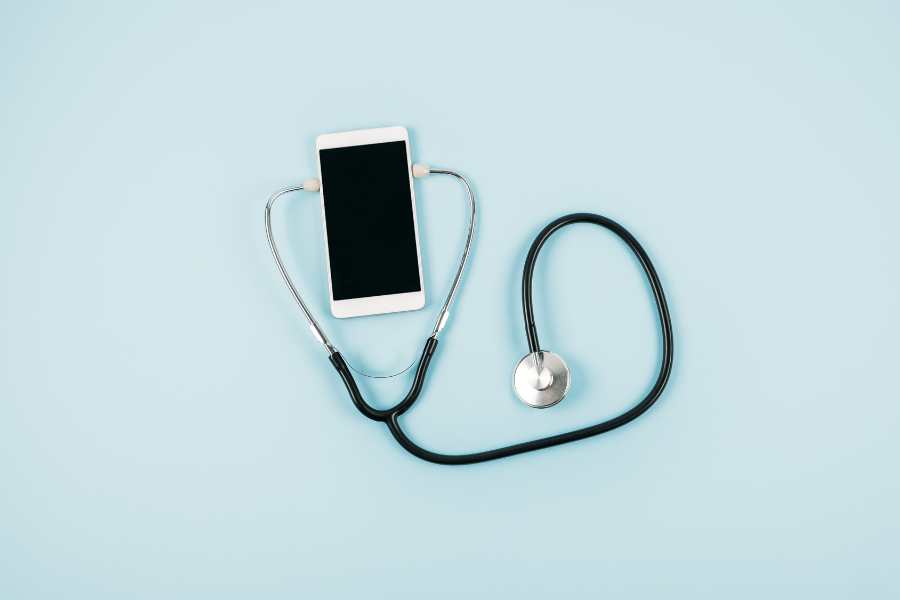
12 Oct Mobile Communication Management in Healthcare: Strategies to Enhance Patient Care and Optimise Patient Onboarding.
In today’s digital world, mobile communication plays a vital role in improving healthcare delivery and patient outcomes. By leveraging mobile apps, messaging platforms, telemedicine, and other digital tools, healthcare providers can enhance communication efficiency, fostering patient engagement and delivering personalised care.
Here are some strategies for improving mobile communication management in healthcare:
- Develop patient-centric mobile apps: Mobile apps can empower patients to actively participate in their care by providing features such as appointment scheduling, medication reminders, access to medical records, health education resources, and secure messaging with healthcare professionals.
- Embrace two-way messaging: Secure messaging platforms enable efficient and confidential communication between patients and healthcare teams. Patients can ask questions, seek clarification, and report symptoms or concerns in real-time. Automated responses or chatbots can further enhance communication efficiency.
- Leverage telemedicine and remote monitoring: Telemedicine provides remote consultations and virtual care, making it a convenient option for patients in remote or underserved areas. Remote monitoring solutions, such as wearable devices, can provide real-time data to healthcare providers, enabling proactive interventions and personalised care plans.
- Provide timely health information and education: Healthcare providers can use mobile communication channels to disseminate accurate and relevant health information, preventive care guidelines, and educational resources. Push notifications, SMS alerts, and email newsletters can inform patients about vaccinations, health screenings, lifestyle modifications, and disease management strategies.
- Ensure language accessibility: Language barriers can hinder effective communication in a diverse society. Healthcare providers should consider offering multilingual mobile communication options, such as language preference settings or translation services, catering to patients who speak different languages.
These strategies enable healthcare providers to enhance mobile communication management and deliver efficient, engaging, and personalised patient-centred care.
As technology continues to advance, healthcare providers must adapt to mobile communication to revolutionise patient care. Furthermore, mobile communication management can have a significant positive impact on customer onboarding. Mobile communication management contributes to optimising customer onboarding in the following ways:
- Reduces friction and streamlines the onboarding process: Mobile apps and messaging platforms can provide a convenient and user-friendly way for patients to complete onboarding tasks, such as scheduling appointments, submitting insurance information, and reviewing medical records. This can reduce friction and make the onboarding process more efficient.
- Facilitates communication and collaboration: Mobile communication tools enable seamless communication between patients and healthcare providers, fostering a collaborative approach to onboarding where patients feel supported throughout the process.
- Personalised and engaging experience: Mobile communication allows healthcare providers to personalise the onboarding experience for each patient based on their individual needs and preferences. For example, patients can receive targeted reminders, educational resources, and support messages. This can help to improve patient engagement and satisfaction with the onboarding process.
By leveraging mobile communication management, healthcare providers can create a more efficient, personalised, and engaging patient onboarding experience, improving patient satisfaction, compliance, and outcomes.
Let us help you to identify your customer touch points and streamline your journey. Read more here: https://www.insidedata.co.za/health/
Speak to our Healthcare Industry specialist, Mark Stephens and follow us on LinkedIn.


